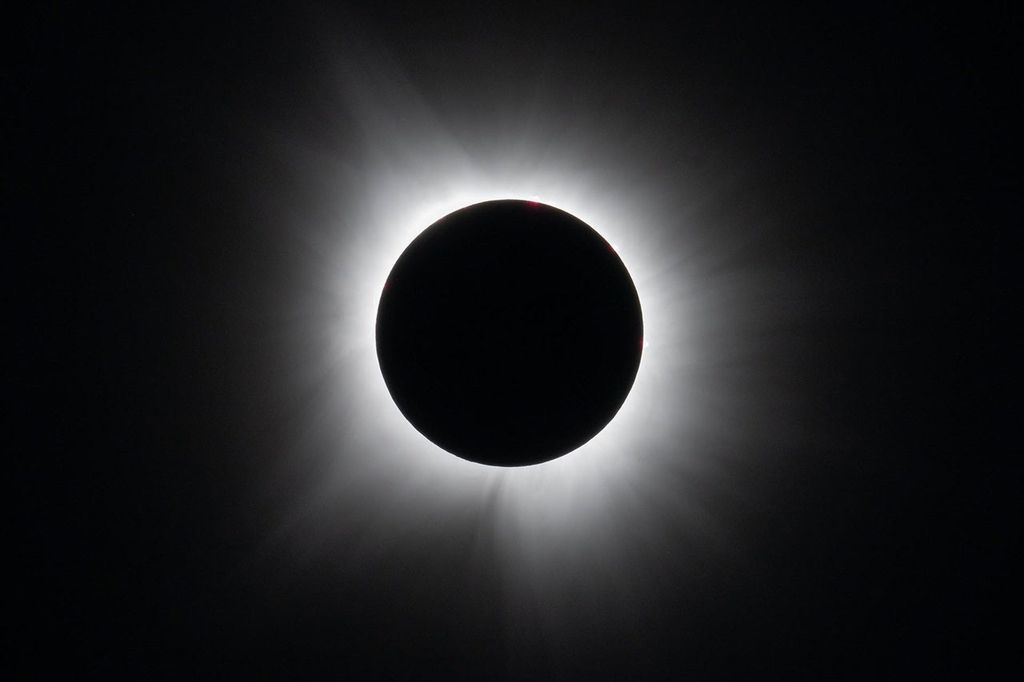MOFFETT FIELD, Calif. – NASA has awarded the largest prize in aviation history, created to inspire the development of more fuel-efficient aircraft and spark the start of a new electric airplane industry. The technologies demonstrated by the CAFE Green Flight Challenge, sponsored by Google, competitors may end up in general aviation aircraft, spawning new jobs and new industries for the 21st century.
The first place prize of $1.35 million was awarded to team Pipistrel-USA.com of State College, Pa. The second place prize of $120,000 went to team eGenius, of Ramona, Calif.
Fourteen teams originally registered for the competition. Three teams successfully met all requirements and competed in the skies over the Charles M. Schulz Sonoma County Airport in Santa Rosa, Calif. The competition was managed by the Comparative Aircraft Flight Efficiency (CAFE) Foundation under an agreement with NASA.
“NASA congratulates Pipistrel-USA.com for proving that ultra-efficient aviation is within our grasp,” said Joe Parrish, NASA’s acting chief technologist at NASA Headquarters in Washington. “Today we’ve shown that electric aircraft have moved beyond science fiction and are now in the realm of practice.”
The winning aircraft had to fly 200 miles in less than two hours and use less than one gallon of fuel per occupant, or the equivalent in electricity. The first and second place teams, which were both electric-powered, achieved twice the fuel efficiency requirement of the competition, meaning they flew 200 miles using just over a half-gallon of fuel equivalent per passenger.
“Two years ago the thought of flying 200 miles at 100 mph in an electric aircraft was pure science fiction,” said Jack W. Langelaan, team leader of Team Pipistrel-USA.com. “Now, we are all looking forward to the future of electric aviation.”
This week’s competition marks the culmination of more than two years of aircraft design, development and testing for the teams. It represents the dawn of a new era in efficient flight and is the first time that full-scale electric aircraft have performed in competition. Collectively, the competing teams invested more than $4 million in pursuit of the challenge prize purse.
“I’m proud that Pipistrel won, they’ve been a leader in getting these things into production, and the team really deserves it, and worked hard to win this prize,” said Eric Raymond, team leader of eGenius.
NASA uses prize competitions to increase the number and diversity of the individuals, organizations and teams that are addressing a particular problem or challenge. Prize competitions stimulate private sector investment that is many times greater than the cash value of the prize and further NASA’s mission by attracting interest and attention to a defined technical objective. This prize competition is part of the NASA Centennial Challenges program, part of the Space Technology Program, managed by the NASA Office of the Chief Technologist.
For more information about the CAFE Foundation’s Green Flight Challenge, sponsored by Google, visit:
For high resolution photos of the challenge, visit:
http://www.flickr.com/photos/nasahqphoto
For more information about NASA’s Office of the Chief Technologist and the Centennial Challenges program, visit:
– end –
text-only version of this release
NASA press releases and other information are available automatically by sending a blank e-mail message to hqnews-subscribe@mediaservices.nasa.gov. To unsubscribe from this mailing list, send a blank e-mail message to hqnews-unsubscribe@mediaservices.nasa.gov.
Back to NASA Newsroom | Back to NASA Homepage
David E. Steitz
Headquarters, Washington
202-358-1730
david.steitz@nasa.gov
























